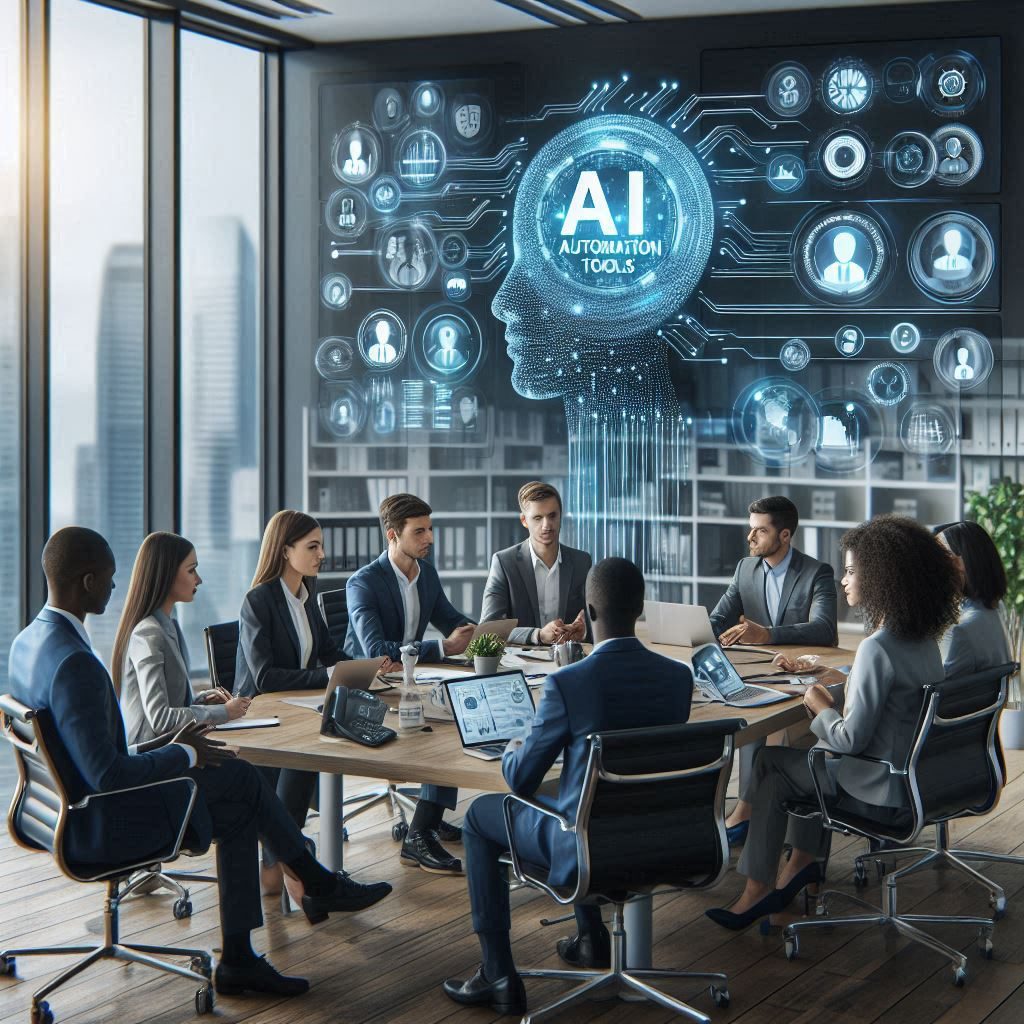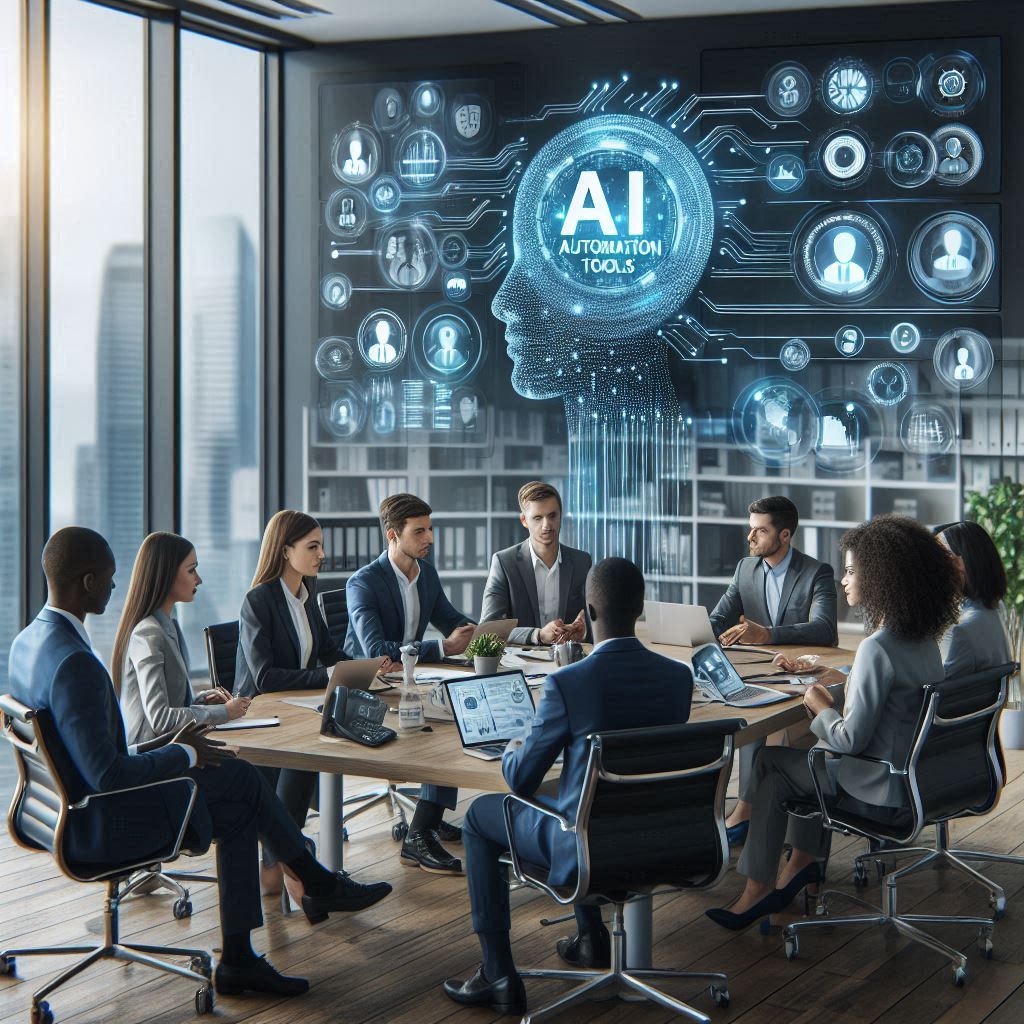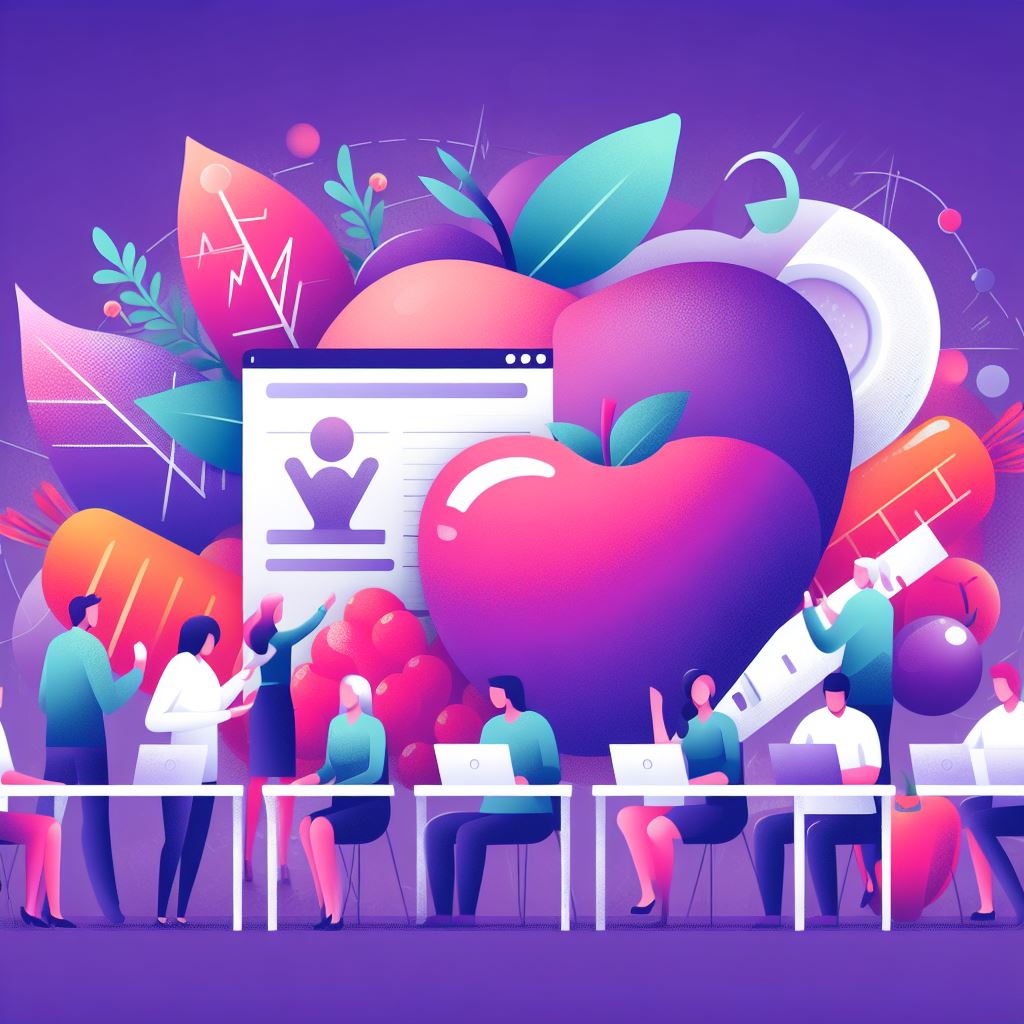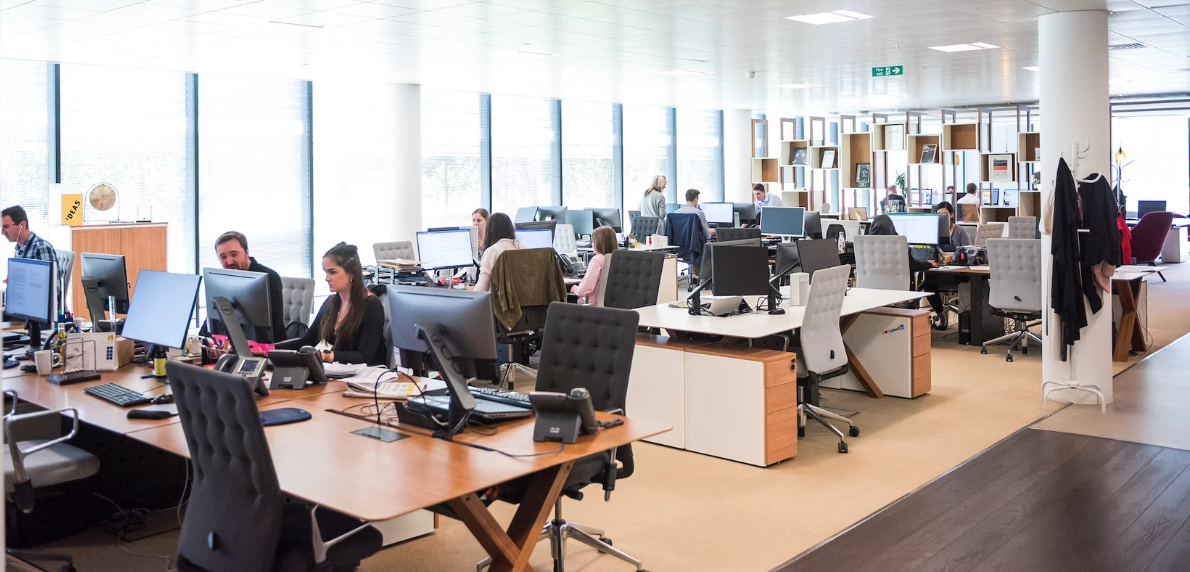Practical AI Applications of HR Usage/Automation
Artificial intelligence has moved from a futuristic buzzword to a real-world solution – especially in the world of Human Resources. No longer reserved exclusively for the tech industry, AI and automation are now powering smarter, faster, and more agile HR departments in businesses of every size, meaning that it does not matter if the company has a total of 5 employees.
But what does that actually look like in practice? Let’s find out.
Resume Screening
Gone are the days when HR professionals had to manually sort through hundreds of various resumes to find a candidate. It can be hard to find a good candidate in this market, which is flooded with applications, so AI helps with efficiency.
Applicant tracking systems (ATS) can:
- Scan through hundreds of resumes in minutes.
- Identify keywords and match qualifications.
- Automatically flag potential top performers.
By eliminating repetitive filtering tasks, recruiters can focus more on relationship-building and less on paperwork. This also reduces bias, ensuring a smoother hiring process.

Automated Onboarding
The first true, one and only experience of company culture and values for new employees begins when they are introduced to their desks. It is important to mention that a positive onboarding experience can boost their productivity by over 70 percent in the first few months of employment (it is true, it works).
AI is helping HR teams to create a highly personalized onboarding journey that adapts to the specific role and employee preferences.
AI helps by:
- Guiding new hires through personalized onboarding flows.
- Automating paperwork, tax forms, and benefits enrollment.
- Sending reminders for compliance-related documents.
It is plain and simple.
Identity Verification in the Hiring Process
Candidate’s identity verification is a critical step before the resume screening or interview schedules. It is a formality as well as a security requirement and a compliance necessity – it would not be great to have identity theft or a fraudster in a company, especially if the company is a startup. This is especially important if the company can not see the person in real life and has to do a remote interview, risking fraud and misrepresentation.
We suggest integrating advanced AI into this process to speed up verification and improve accuracy and reliability.
AI has changed identity verification by:
- Automatically cross-checking government IDs with global databases.
- Using facial recognition to compare ID photos with real-time images.
- Detecting document tampering.
This reduces manual review time and improves security and candidate experience – all of this for a better experience for candidates and the company itself.
Employee Sentiment
Annual surveys and quarterly feedback forms are what companies are using to rely on employee sentiment – useful methods, but they often fail to draw the full picture of the dynamic nature of employee experience in real time.
With AI analysis, HR departments can keep a constant track of employee sentiment. This insight helps get quick interventions.
These tools can:
- Analyze responses from surveys.
- Scan communications for tone and emotional cues.
- Detect burnout signs.
Employee satisfaction is increased, and the turnover is reduced.
Predictive Analytics
Employee burnout is expensive – not just financially, but in terms of lost knowledge and team disruption. With AI, predicting who might be at risk of leaving the job position is becoming increasingly precise.
Predictive analytics looks at a range of data points and identifies patterns that often precede resignations. This can include behavioral signals and even subtle engagement shifts.
AI can identify retention risks by analyzing patterns in employee behavior and performance, such as:
- Decreased engagement.
- Lack of recent promotions or role changes.
- Low participation in team activities or training.
AI helps identify personalized retention strategies faster.
Admin Task Automation
Admins have responsibilities that can be a major drain on HR resources. Do not get us wrong – these tasks are necessary, but they are often repetitive and time-consuming. Fortunately, they are highly automatable.
Through automation, HR departments can be relieved of various operations and reduced errors across routine workflows.
Automation tools can now handle tasks like:
- Payroll processing.
- Interview scheduling.
- Compliance reporting.
Errors reduced and time saved for administration with AI.
Compliance and Risk Management
Compliance assurance in HR is about protecting your employees and your brand, together with it – staying up to date with changing regulations can be overwhelming sometimes.
AI simplifies compliance with automation and reporting, and HR teams are being helped by it to remain audit-ready at all times.
AI helps simplify compliance by:
- Monitoring and logging employee hours and breaks.
- Auto-reminding staff about mandatory training.
- Scanning internal processes.
With AI, companies are compliant.
The Road Ahead
We do actually wonder what is next for AI automation for HR. But we know for sure that it is just a surface that we are scratching here of what is possible with HR automation. AI continues to evolve, so too will its impact on HR automation.
In the near future, we will likely to see advanced capabilities and they will be significant ones, giving HR even greater insight and flexibility.
Some of the developments to watch for:
- AI tools that map out career developments for each employee.
- Predictive workforce planning tools to align with organizational goals.
Interesting innovations, right?
Conclusion
HR AI and automation are transformative tools that elevate every aspect of the Human Resources function, from hiring and onboarding all the way to compliance, precision, speed, professional development, and various things that were not possible before. The help that comes to HR professionals is what makes the value of the whole automation.
As we look into the future, organizations that fully integrate AI into their HR ecosystems will have a clear competitive advantage. They will hire faster, retain better, and scale more intelligently.









